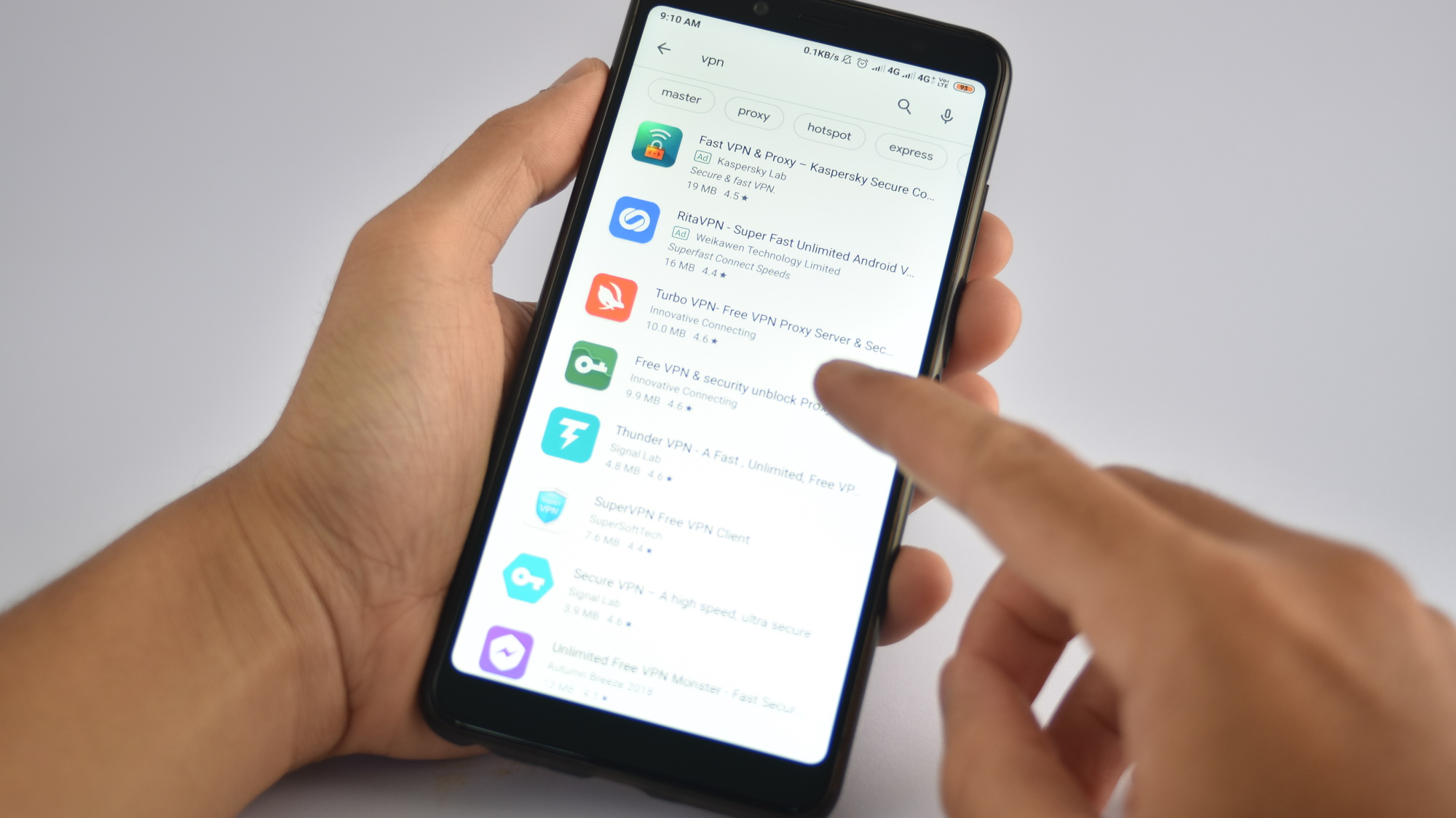These dodgy Android apps have seen over 20 million downloads
Android users urged to be cautious when downloading apps from the Play Store

Sign up for breaking news, reviews, opinion, top tech deals, and more.
You are now subscribed
Your newsletter sign-up was successful
The Google Play Store has been home to a growing number of suspicious activities in recent months, new research has found.
A study by Dr.Web found a large number of fake apps and trojans designed to subscribe victims to paid services, as well as an alarming rate of spyware.
The report details the increasing number of apps that have been added to the company’s antivirus database, illustrating the caution that Android users should take when browsing the Play Store.
TechRadar Pro needs you! We want to build a better website for our readers, and we need your help! You can do your bit by filling out our survey and telling us your opinions and views about the tech industry in 2023. It will only take a few minutes and all your answers will be anonymous and confidential. Thank you again for helping us make TechRadar Pro even better.
D. Athow, Managing Editor
Android apps with rewards
Among the most significant types of dodgy Android apps in recent months is a rewards-based setup.
Dr.Web says that users are incentivized to complete various tasks, like installing, launching, and using other programs and games to receive a ‘virtual reward’. These tokens can then supposedly be cashed in for real money or credit.
To be able to access rewards of true monetary value, users have been needing to collect “millions” of rewards, and that’s before spending a lot of time, effort, and other resources trying to gain access to any tokens.
Among the most noteworthy apps highlighted by the report is ‘Lucky Step-Walking Tracker’, totalling more than 10 million downloads with an average of 4.2 stars across 643,000 reviews.
Sign up to the TechRadar Pro newsletter to get all the top news, opinion, features and guidance your business needs to succeed!
Also mentioned are ‘Lucky Habit: health tracker’ (5 million downloads, 193,000 reviews at 3.6 stars), and ‘WalkingJoy’ (5 million downloads, 227,000 reviews at 3.9 stars). None of these apps explicitly detail in their respective Play Store descriptions that they offer financial incentives to users for completing tasks, though they were found to reward users for reaching certain milestones (like following healthy habits or walking a certain amount of steps) and for watching ads, some of which promising to speed up the token unlocking process.
‘Lucky Step-Walking Tracker’ has since removed the functionality, rendering rewards virtually pointless. Moreover, all three apps were found to share the same server, indicating a common developer, thus rewards may be pulled for the other two at any point.
Dr.Web recommends that Android users install its Android antivirus protection, though a more general rule of thumb indicates that users should remain savvy when browsing online marketplaces.
- Check out the best endpoint protection software and best firewalls
With several years’ experience freelancing in tech and automotive circles, Craig’s specific interests lie in technology that is designed to better our lives, including AI and ML, productivity aids, and smart fitness. He is also passionate about cars and the decarbonisation of personal transportation. As an avid bargain-hunter, you can be sure that any deal Craig finds is top value!
